Today, we hear from Textile Design capstone student, Manasi Eswarapu, describe aspects of her capstone project.
For my capstone project, I am creating educational kits for rural daycare centers in South India to supply communities with tools to grow and nurture plants. These are largely caste-oppressed communities trying to find safe spaces for children to learn and grow. Working with plants can alleviate stress and anxiety by reconnecting us to natural environments. Many caste-oppressed communities work in agricultural jobs, but their work is stigmatized and belittled due to their caste status. My hopes are twofold, to create textiles to engage kids in healthy activities and to give them room to reclaim their own familial connections to their natural environments.
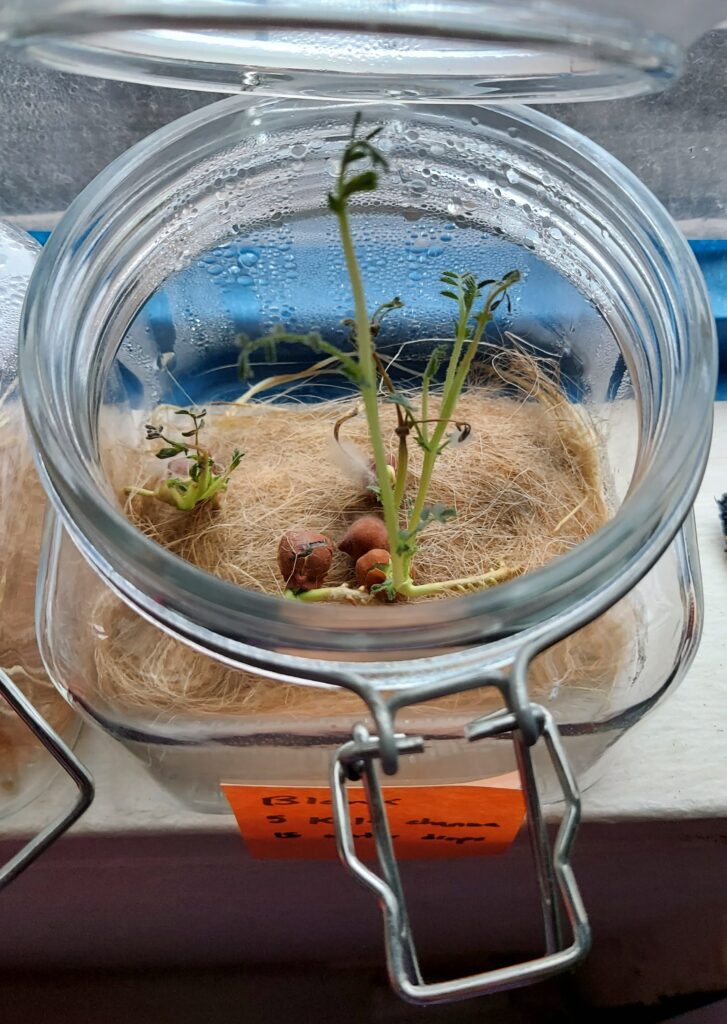
Some products I’m working on developing are germination beds made of jute to grow sprouts on. These can be offered as daily nutritional treats for the kids. I am also creating jute beds embedded with calcium nitrates to grow plants that require more calcium. I am also creating planters out of jute yarns and fibers. I want these planters to be visually compelling for the kids to have more personal connections to them. One goal throughout the project has been to use accessible materials so the products can be made locally. For example, I’m using plastic bag waste to create greenhouse covers for these germination beds and planters to live in. This would be especially useful during dryer seasons.
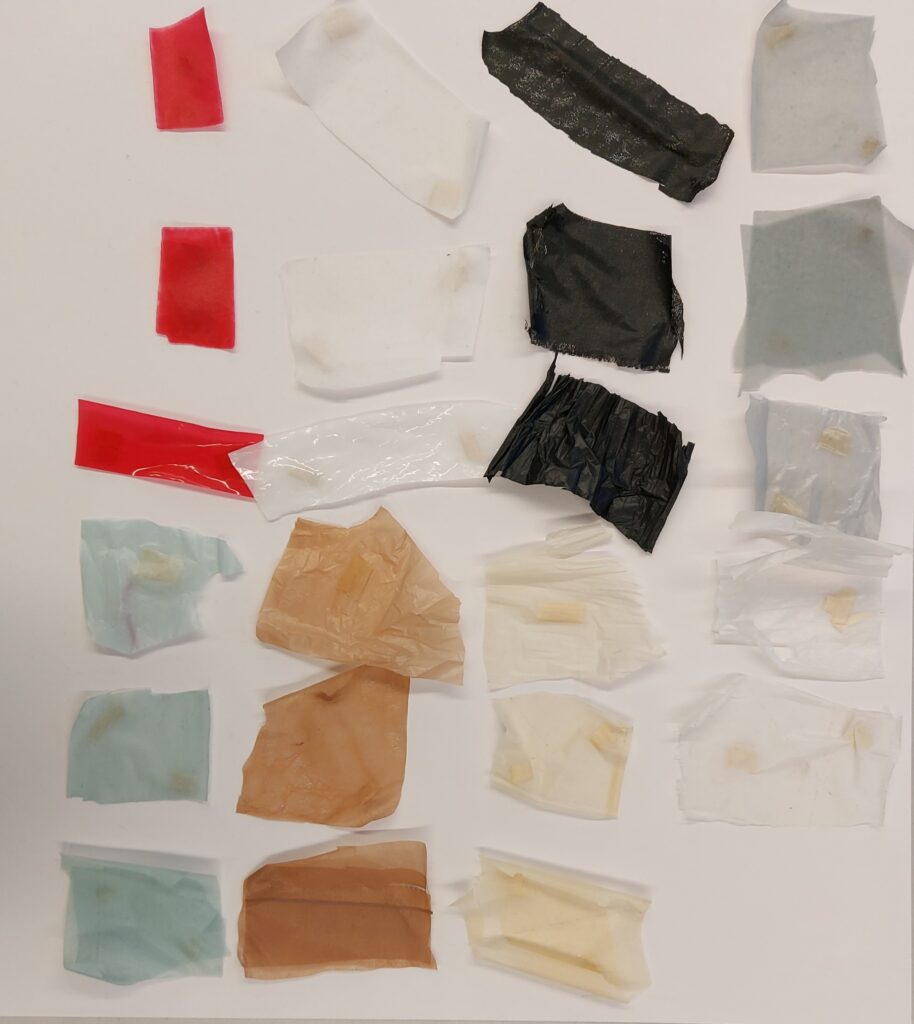


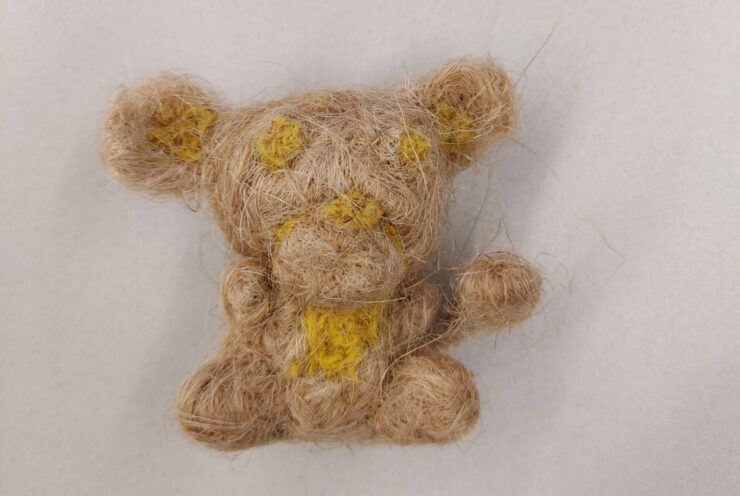
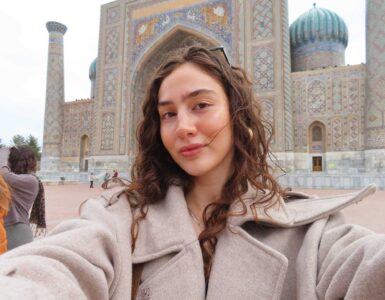

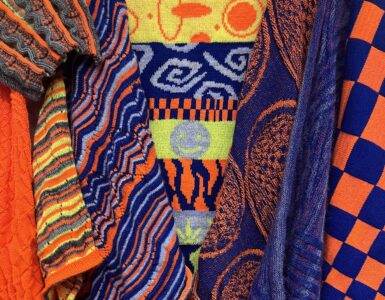

Add comment